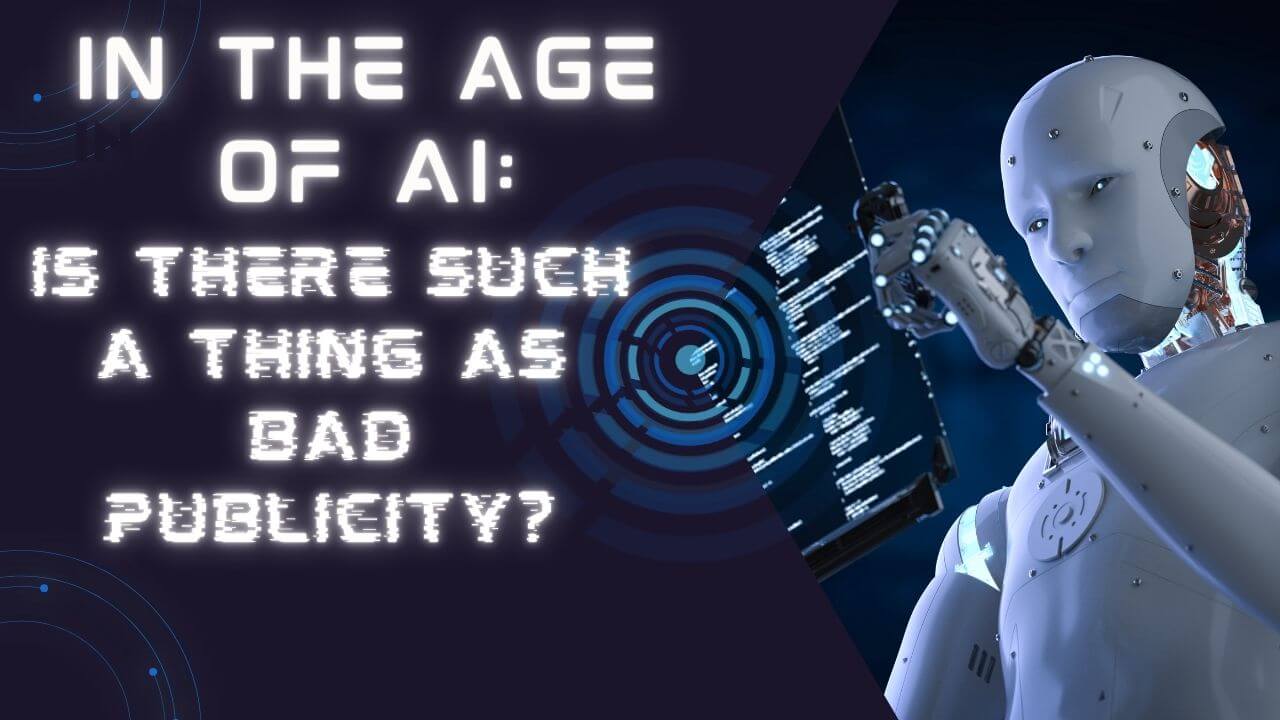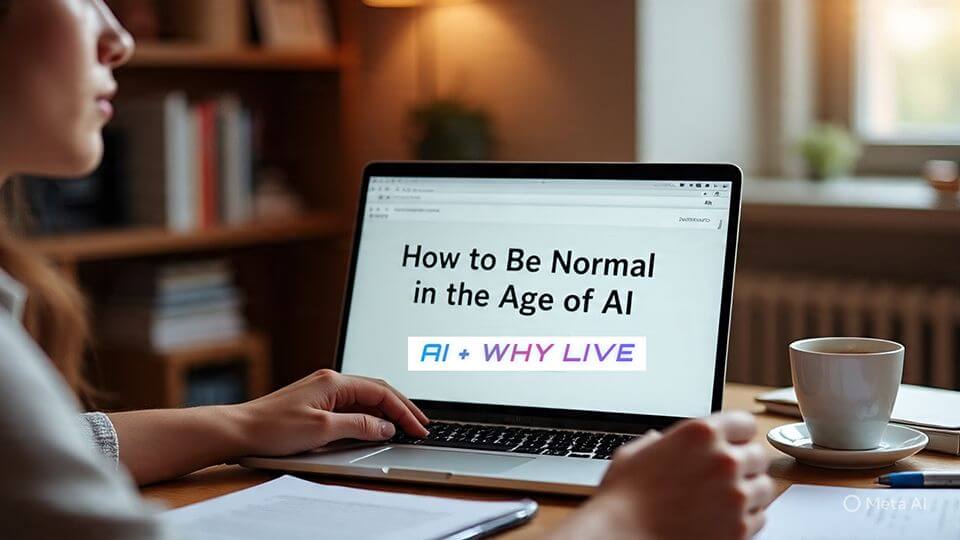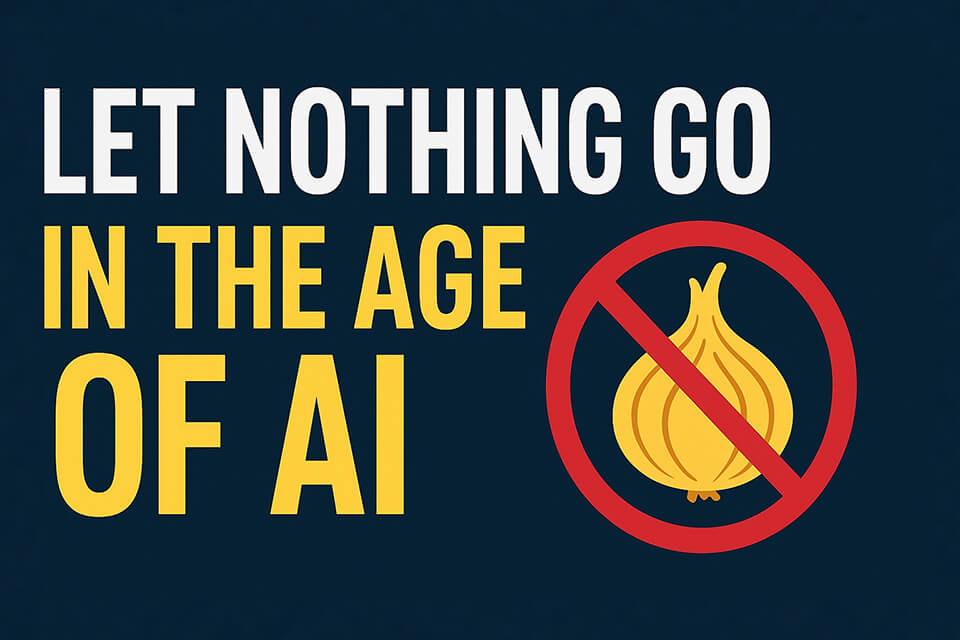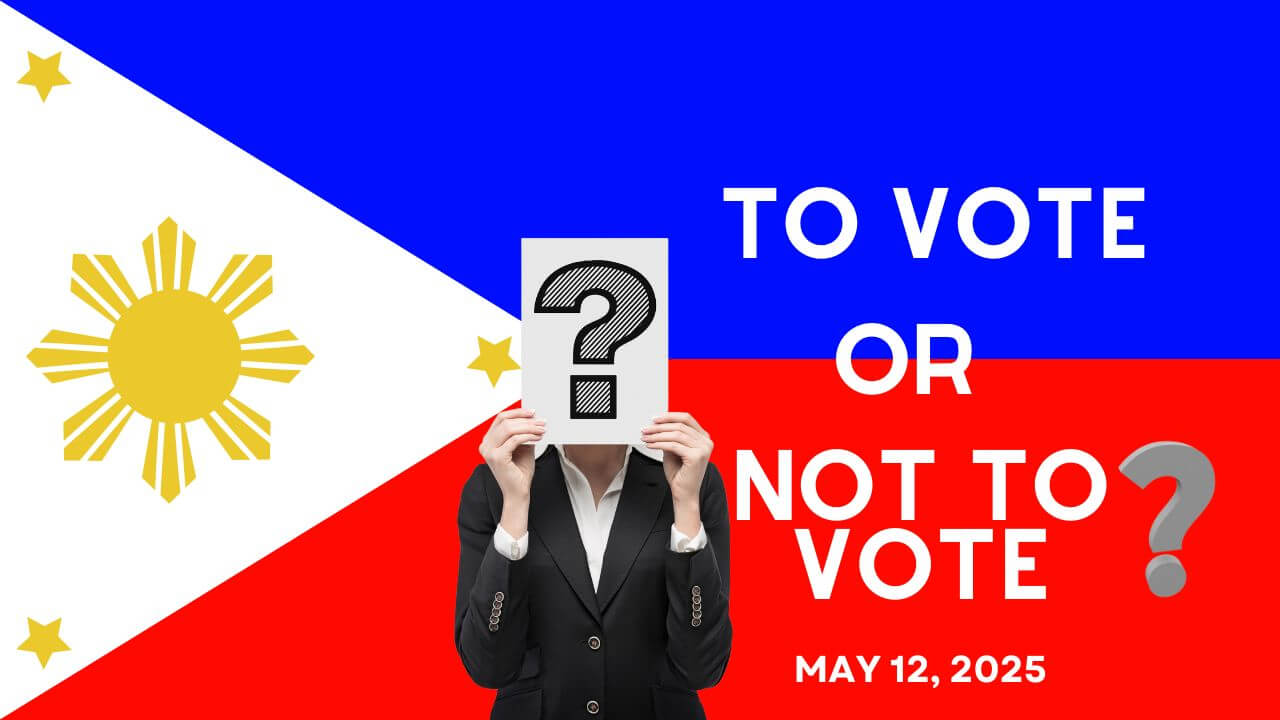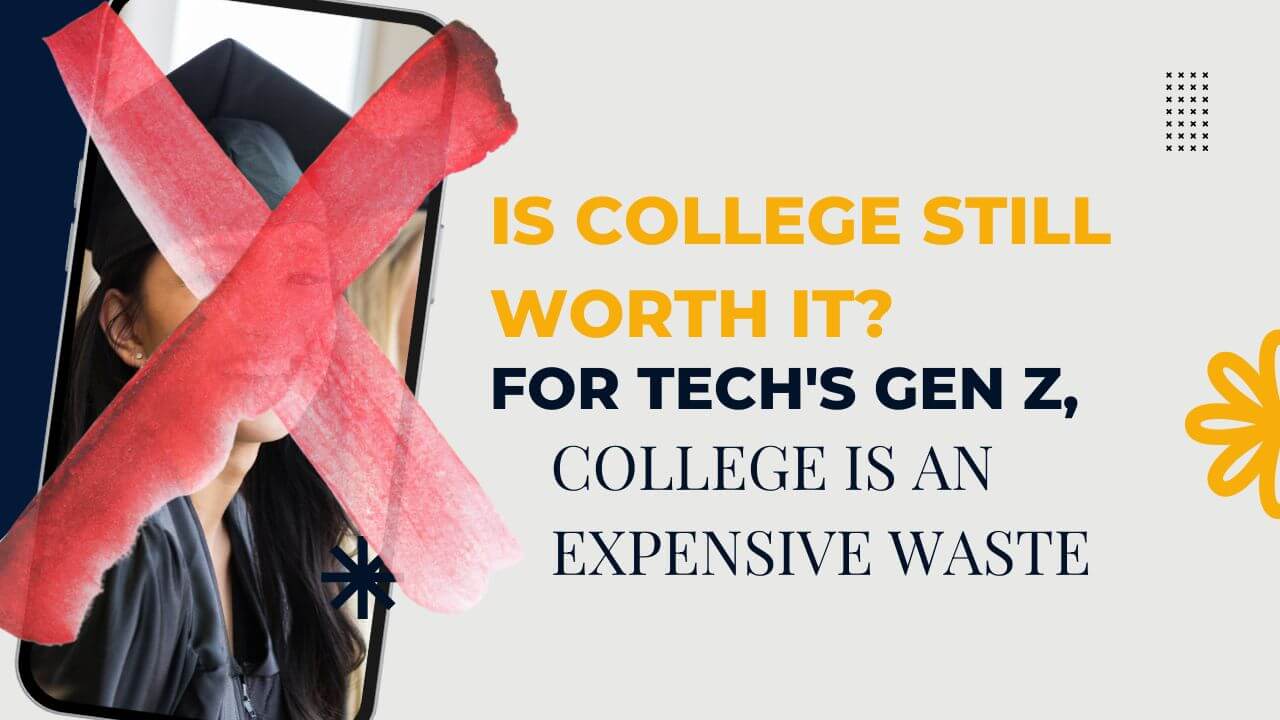In the age of AI, your digital self is louder than your real one—and far more permanent
We used to say, “You are what you eat.” Now it’s: “You are what you post.” And in the age of AI, that’s not just a metaphor—it’s a system.
Your captions, comments, likes, and shares don’t just reflect you. They construct you. They become the version of you that algorithms sort, advertisers target, and strangers judge.
And unlike moods, mistakes, or bad hair days—your digital self doesn’t fade. It accumulates. It calcifies. It becomes your unofficial resume, your algorithmic twin, your searchable soul.
🧠 The Algorithmic Mirror
As explored in How to Be Normal in the Age of AI, we now see the world through a filtered lens—curated by algorithms that learn from our clicks, not our context.
We don’t just consume content. We’re shaped by it. We scroll through curated outrage, performative wellness, and AI-generated wisdom—then wonder why we feel fragmented.
Because the algorithm doesn’t care about nuance. It cares about engagement. And the more we post to be seen, the less we feel truly known.
🧩 The Poverty of Performance
Posting has become survival. For creators, it’s visibility. For workers, it’s branding. For students, it’s proof of relevance.
But when every moment is content, every opinion is a statement, and every silence is suspicious—what’s left?
We perform intelligence. We perform empathy. We perform normalcy.
And slowly, the performance becomes the person.
🕵️ The Internet Remembers You
As unpacked in Let Nothing Go in the Age of AI, the internet doesn’t forget. Your posts, even the ones you delete, leave traces. Your searches, even the ones you regret, feed the machine.
You are who you are. But online, you are also who you were. The version of you that ranted in 2016, overshared in 2020, and tried to be funny in 2023.
And in the age of AI, those fragments aren’t just archived. They’re analyzed. They’re monetized. They’re weaponized.
For politicians, posting isn’t identity—it’s strategy. As explored in In the Age of AI: Even Bad Publicity Is Good, visibility is the currency. Outrage, virality, and controversy become tools—not accidents. The goal isn’t truth. It’s traction.
🇵🇭 Filipino Realities: Posting as Diskarte
In the Philippines, posting is often strategic. A vendor posts daily to stay visible. An OFW posts family photos to prove they’re okay. A student posts achievements to secure scholarships.
This isn’t vanity. It’s survival. It’s digital diskarte.
But even diskarte has limits when the system rewards performance over authenticity.
Because when “You are what you post” becomes policy, poverty becomes invisible unless it’s aesthetic. Grief becomes valid only if it’s photogenic. Success becomes real only if it’s branded.
🧒 Explain Like I’m 12
Imagine you have a diary. But instead of keeping it private, you post every page online. People read it. Some like it. Some judge it. And even if you change, the pages stay.
That’s what happens when you live online. You become your posts—even if you’ve outgrown them.
🪩 Final Thought: Post Less, Reflect More
“You are what you post” isn’t a warning. It’s a mirror. And in the age of AI, it’s a reminder that identity is no longer private—it’s public, persistent, and programmable.
So post with intention. Reflect before you share. And remember: the internet may never forget, but you still have the power to evolve.
Because you are not just your captions. You are your context. You are your quiet moments. You are your diskarte.
And for those who post for power—remember: Even good publicity without substance is just noise. And in a world drowning in content, silence with integrity might be the loudest thing left.

